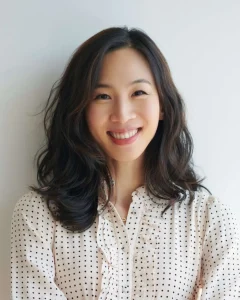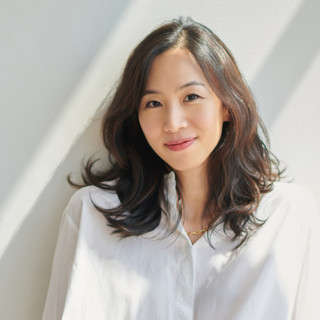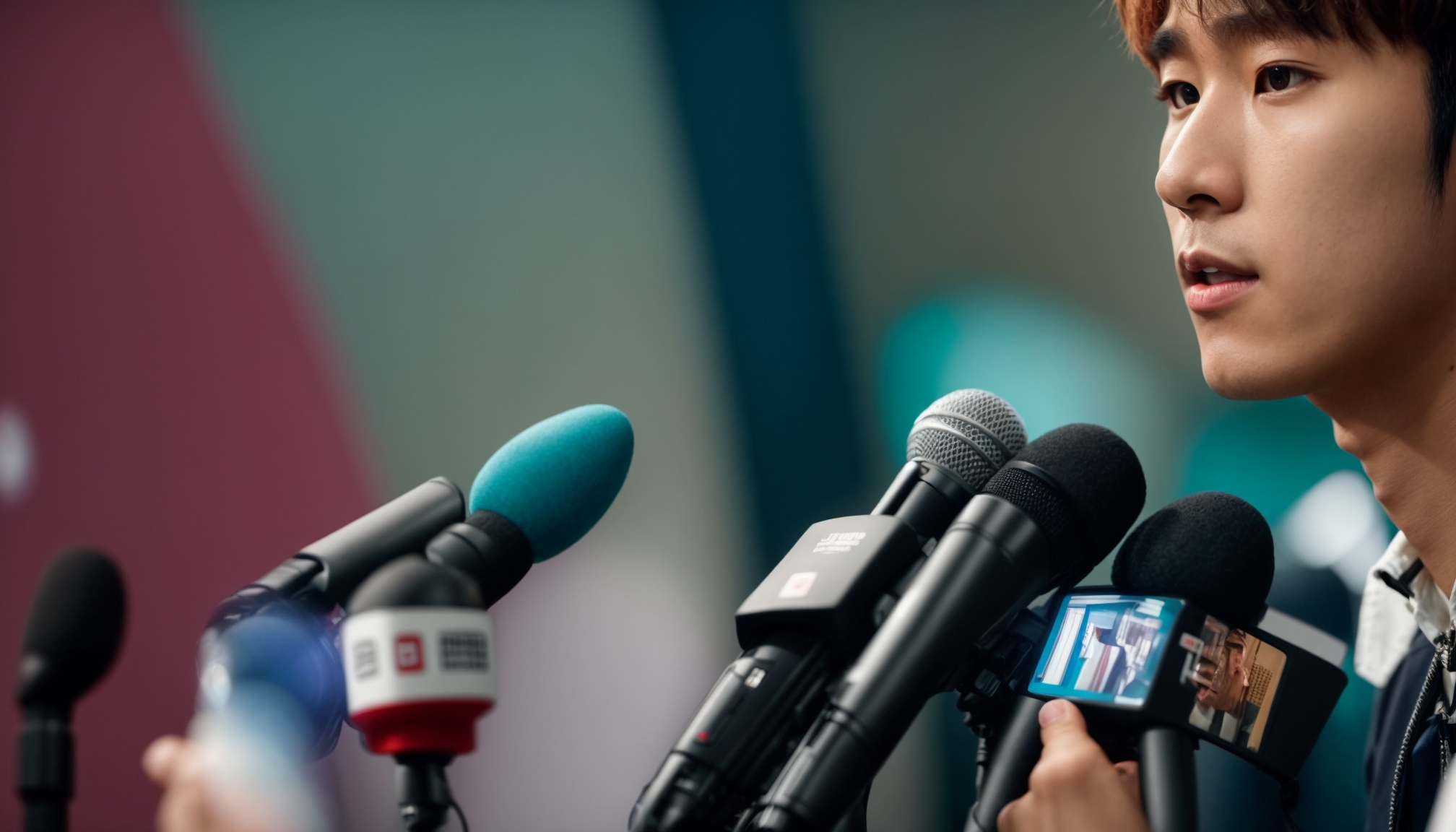Smashing – In the world of celebrity headlines, stories about women often circle around the same questions: career or family, sacrifice or ambition, tradition or freedom. Yet when Lee So-eun sits down to talk about her journey, the tone feels different. She is not apologizing, not performing, and not trying to fit into someone else’s mold. Instead, she is choosing a path that resonates with her own values. For her, motherhood on her terms is not just a catchy phrase it is a philosophy that guides her life.
Lee So-eun is a singer, a lawyer, and a mother. Each role demands time, focus, and energy, but she insists that none of them should cancel the others out. What makes her story compelling is not only her ability to juggle these roles but the way she insists on shaping them around her own choices. She has become a symbol of possibility, showing that motherhood on her terms is a reality worth fighting for.

Balancing multiple identities
For many women, the labels placed on them feel limiting. But for Lee So-eun, labels are starting points. Being a singer is about expressing her creativity. Being a lawyer is about standing up for fairness. Being a mother is about nurturing and guiding her child. These roles overlap, but they never diminish one another.
She explains that society often expects women to choose. Yet she believes motherhood on her terms means refusing to give in to those narrow expectations. She doesn’t view motherhood as a limitation on her dreams but as a force that strengthens them. In her perspective, pursuing a career and embracing family life are not opposite choices—they are part of a whole.
Redefining the conversation about choice
The phrase “having it all” has haunted women for decades. It sets an impossible standard and often becomes a source of guilt. Lee So-eun pushes back against that narrative. She says that motherhood on her terms is not about “having it all” but about redefining what “all” means.
For her, success is not measured by outside applause but by whether her choices align with her values. That is why she refuses to let others dictate the pace of her career or her parenting. By setting her own standards, she sends a powerful message: fulfillment comes from authenticity, not perfection.
Facing criticism with resilience
Choosing to live authentically is not without challenges. Lee So-eun admits that she has faced criticism both in her professional circles and in the public eye. Some questioned her ability to handle the workload of law and music while being present as a mother. Others suggested she was either too ambitious or not ambitious enough.
Her response is consistent: motherhood on her terms means deciding which voices matter. She listens to her child, her family, and her own inner compass. The noise of outside judgment fades when she remembers that her life does not exist to meet someone else’s expectations.
How she organizes her days
Behind the philosophy is a practical system. Lee So-eun structures her day with discipline but also with flexibility. Mornings may involve preparing her child for school. Afternoons could include rehearsals or studio sessions. Evenings might be spent on legal briefs or reviewing documents.
This juggling act could overwhelm anyone, but she frames it differently. To her, motherhood on her terms means designing a routine that reflects priorities rather than letting obligations control her. If a schedule becomes unmanageable, she adjusts it instead of surrendering to guilt. In her eyes, balance is not about perfect symmetry—it is about flow.
The role of support systems
Lee So-eun emphasizes that independence does not mean isolation. She openly acknowledges the importance of a strong support network. Family members, colleagues, and friends all play roles in helping her maintain balance.
This collaboration reflects her broader view of life. She believes that motherhood on her terms is not about proving she can do everything alone. Instead, it is about building an environment where her child sees love, teamwork, and resilience modeled every day. The presence of support enhances her sense of agency rather than undermines it.
Lessons from the courtroom and the stage
Interestingly, Lee So-eun draws connections between her work as a lawyer, her artistry as a singer, and her parenting. In the courtroom, she fights for justice. On stage, she channels emotion through music. At home, she demonstrates patience, creativity, and discipline.
She points out that all three roles require empathy, focus, and clarity. That is why motherhood on her terms feels so natural. Rather than separating her identities, she sees them as interwoven. Each strengthens the other, and each teaches lessons that ripple across her life.
The cultural dimension
In many cultures, women are still expected to prioritize motherhood above all else. Lee So-eun respects the tradition of valuing family, yet she also challenges its rigid expectations. She argues that true respect for motherhood comes not from control but from freedom.
This cultural tension makes motherhood on her terms especially bold. By choosing her own rhythm, she inspires other women to question whether the old models serve them. She doesn’t dismiss tradition; instead, she reinterprets it in a way that honors both heritage and individuality.
The emotional side of the journey
Beyond public roles and cultural debates lies the intimate reality of being a mother. Lee So-eun shares candidly about moments of exhaustion, doubt, and vulnerability. Yet she also highlights the joy of watching her child grow, the small victories of daily life, and the way motherhood deepens her sense of purpose.
These stories illustrate why motherhood on her terms resonates so deeply. It acknowledges the struggle while celebrating the reward. It avoids both the unrealistic perfection of glossy magazines and the gloom of endless sacrifice. Instead, it presents motherhood as a living, evolving journey.
A reflection that inspires
As she opens up about her life, Lee So-eun offers more than a personal story. She provides a mirror for others. Women who feel torn between ambition and care can see in her example a path that does not require choosing one over the other.
That is the essence of motherhood on her terms. It is not about following a manual or meeting a stereotype. It is about courage, clarity, and commitment to what matters most. For Lee So-eun, this approach has created a life that feels authentic and meaningful, and for those who hear her story, it offers hope that they too can find freedom in choice.





